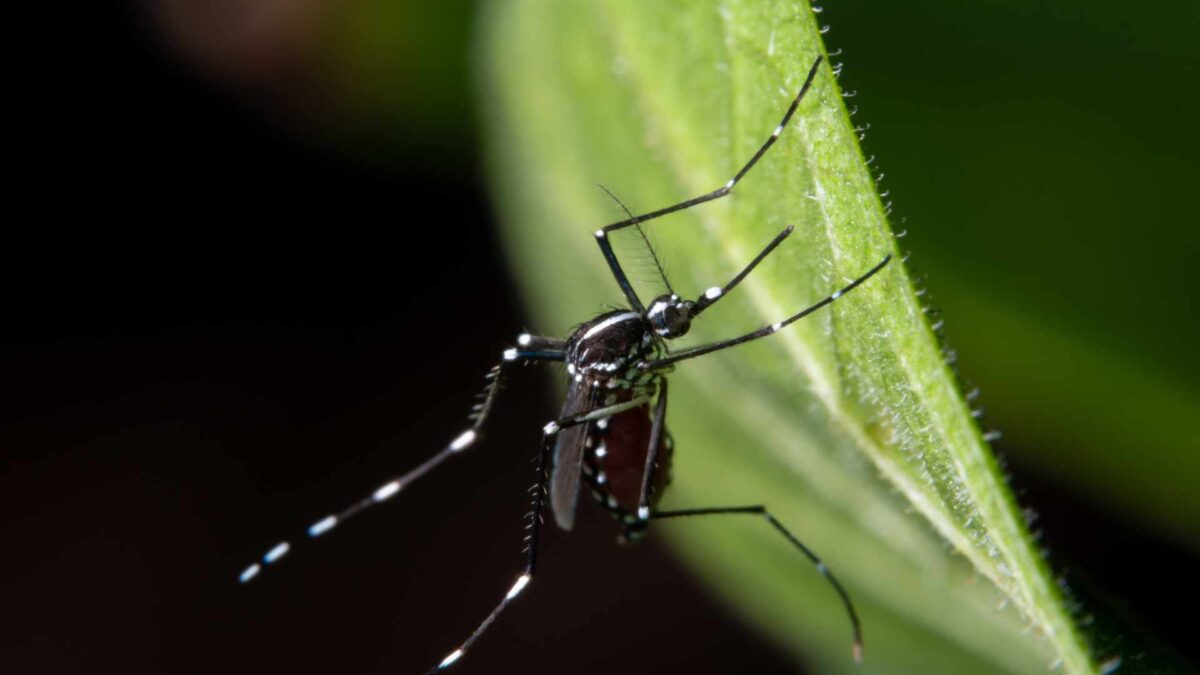
Europe Faces New Mosquito-Borne Disease Risk

Europe is experiencing longer and more intense transmission seasons for mosquito-borne diseases, including West Nile virus and chikungunya virus, according to the European Centre for Disease Prevention and Control (ECDC).
Rising temperatures, longer summers, milder winters and changing rainfall patterns are creating favourable conditions for mosquitoes to thrive and spread viruses.
Pamela Rendi-Wagner, ECDC Director, said: “Europe is entering a new phase where longer, more widespread and more intense transmission of mosquito-borne diseases is becoming the new normal. ECDC is working closely with all Member States to provide tailored support and timely public health guidance to strengthen Europe’s response.”
The mosquito that can transmit chikungunya virus, Aedes albopictus, is now established in 16 European countries and 369 regions, up from 114 regions a decade ago. Combined with rising levels of international travel, this expansion makes local outbreaks more likely. Europe has seen 27 chikungunya outbreaks so far in 2025, setting a new record for the continent. For the first time, a locally acquired case has been reported in France’s Alsace region, highlighting the continued northward spread of the virus.
West Nile virus infections are also shifting across Europe. New cases have been reported this year in the Italian provinces of Latina and Frosinone and Sălaj County in Romania. The continent has recorded the highest number of West Nile virus cases in three years, with infections expected to peak in August or September.
New ECDC guidance provides practical measures for surveillance, prevention, and control of chikungunya, dengue, and Zika virus diseases. The guidance offers European countries, including those with limited experience, a toolkit to assess risk and deploy appropriate public health responses. Guidance for West Nile virus is also available.
Dr Céline Gossner, Head of Section Food-, Water-, Vector-borne and Zoonotic Diseases at ECDC, said: “As the mosquito-borne disease landscape evolves, more people in Europe will be at risk. Prevention is more important than ever, through coordinated public health action and personal protection measures. There is an urgent need to strengthen and scale up efficient and environmentally friendly mosquito control interventions.”
ECDC advises residents and visitors in affected areas, especially the elderly, children, and those with weakened immune systems, to protect themselves from mosquito bites using repellent, wearing long sleeves and trousers at dawn and dusk, and using window screens, bed nets, and air conditioning or fans. Healthcare professionals should be aware of the circulation of these viruses to ensure early diagnosis. Vaccines have been developed for chikungunya virus disease, but no vaccine currently exists for human use against West Nile virus.
Share this WeathÉire story:






